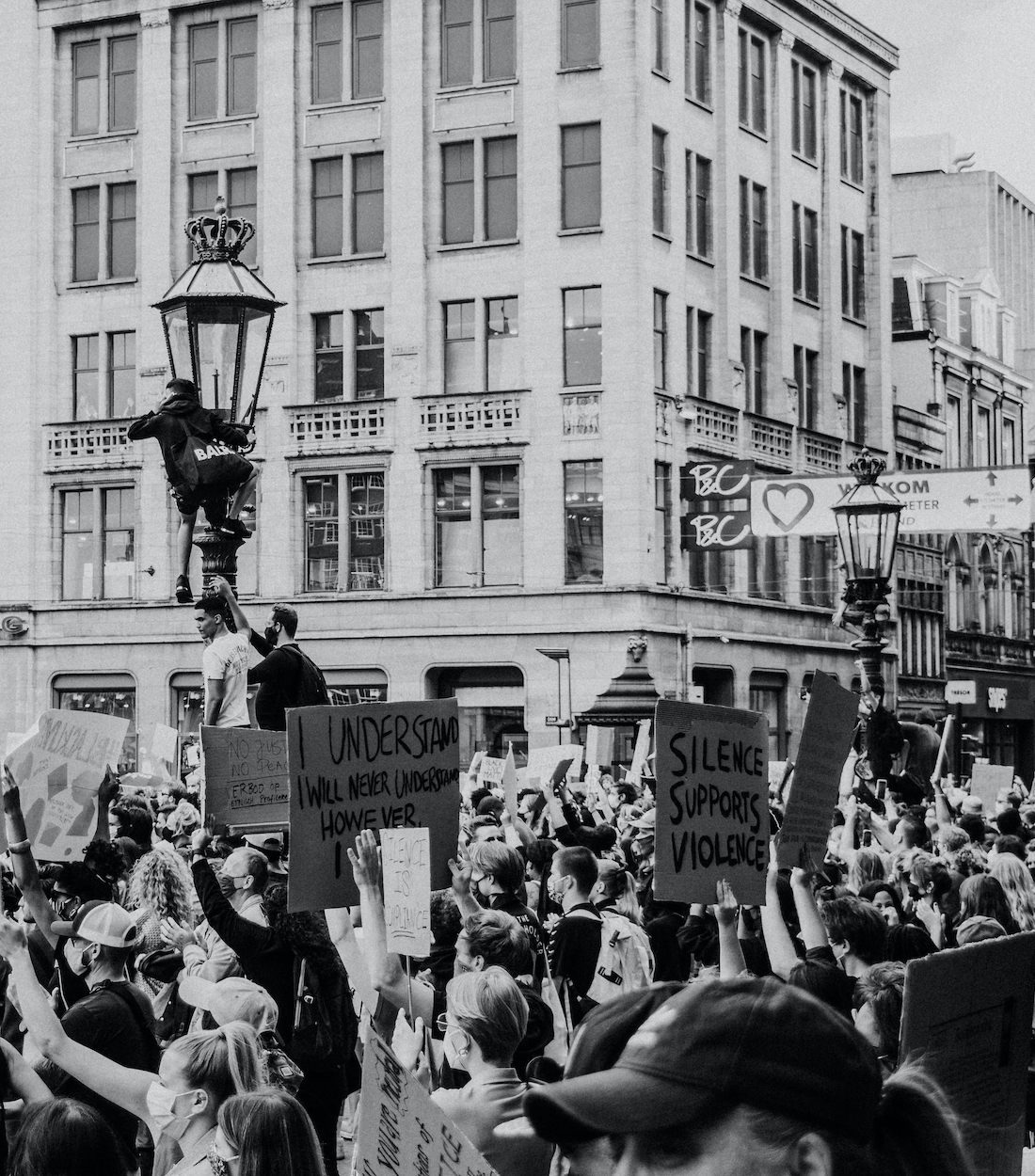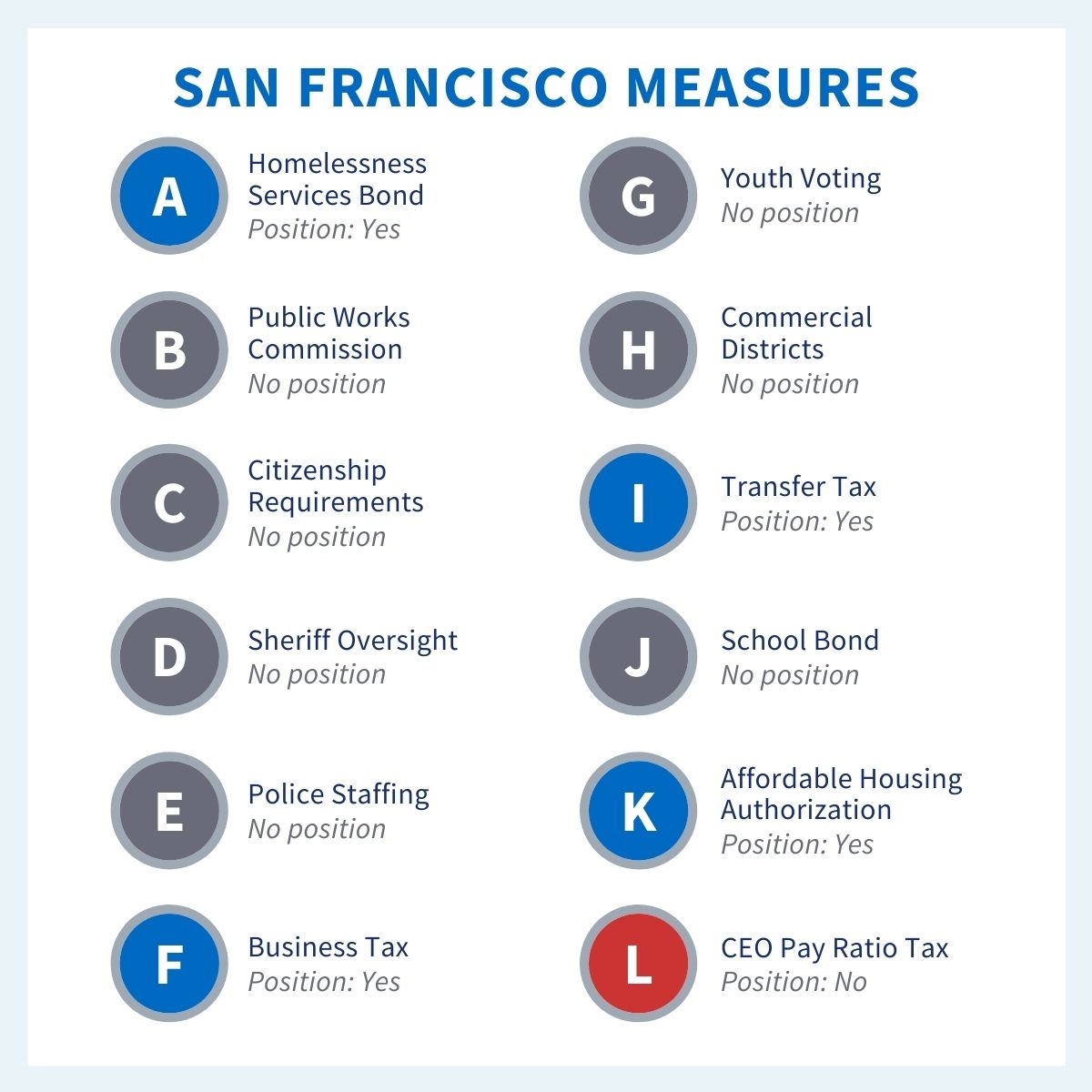So, Now What? How We Win Post-Election 2020

We finally made it. After an election year that felt like a decade, ballots are cast and the fates of our communities, our state, and our country are mostly finalized. Now that we’re here, some of us are wondering: well, now what?
While the federal, state, and local elections will impact where our work will go in 2021, much will remain unchanged, we will continue to advocate for policies that will ensure everyone has a roof over their heads and a good job with living wages. You can support that work by becoming a member today.
However, the decisions made on this ballot will have lasting impacts for our communities; how they’re funded, who has tenant and worker protections—and who doesn’t. Here’s how the 2020 Election will impact our housing and labor work for the months and years to come.
Federal
With the COVID-19 pandemic, wildfires, and economic recessions, California has had its hands full and its pockets emptied. We desperately need federal money to fund housing, to fund our schools, and to close the gaps in our social safety nets.
We’re looking optimistically towards federal policy and funding that will give us the floor we sorely need. This would enable TechEquity and our community partners to fight for things like tenant protections, affordable housing production, and accurate housing data collection with less of a zero-sum competition with other urgent issues.
Additionally, the erosion of corporate regulation and labor protections amidst the pandemic has galvanized hundreds of thousands of workers across the country to fight for safe workplaces and better wages. The groundwork built by these workers has created a massive shift in our national consciousness of what work we value.
We are hopeful that the national political terrain offers new possibilities for playing offense rather than defense as we push for regulations that will properly balance corporate power and worker power.
While the next four years won’t be easy, we remain optimistic that the federal environment will help, rather than hinder, the issues that we believe in.
State
California voters showed us that we still have a long way to go to live up to our progressive ideals as a state. Voters rejected affirmative action, the opportunity to expand rent control, corporate accountability, long-term investments in our schools and communities, and worker protections with the failure of Props 15, 16 & 21 and the passage of Prop 22.
These disappointing results demonstrate that our work is cut out for us. As we inch ever closer to the impending COVID-19 eviction cliff, the need for tenant protections becomes more urgent than ever before. With affirmative action rejected and gig workers facing a nearly impossible threshold to improve their wages and working conditions, we need to double down on ensuring everyone has livable working conditions and wages—and that Black and brown workers are afforded equitable opportunity and stability. The failure of Prop 15—our historic effort to reclaim $12 billion per year for essential workers, local services, and schools—will result in the need to fight for new ways to sustainably fund our communities and schools and balance corporate power in our state.
Thankfully, two proposition passages give us hope. Prop 17, giving parolees the right to vote, passed resoundingly. Prop 20, a War-on-Drugs-esque expansion of criminal penalties, was thoroughly defeated. It’s clear that the people of California are saying no to incarceration, unnecessary punishment, and the racism that runs deep in California’s prison system.
Local
In the Bay Area, we had a mixed bag of results towards addressing our housing crisis.
San Francisco voted on a suite of housing and homelessness measures, including Prop A, a homelessness services bond; Prop I, a transfer tax that will fund COVID eviction relief and social housing; and Prop K, the authorization of 10,000 units of low-income and social housing. Together, along with the green light for 2018’s Prop C funding, they set the stage for sorely needed housing and homelessness services for the many housing-insecure people in the city.
Berkeley strengthened their rent control and eviction protections with the passage of Measure MM. Without the passage of state Prop 21, cities are still hamstrung as the state still prevents them from enacting many rent control provisions. San Leandro followed its neighbors with the passage of a transfer tax (Measure VV), and Alameda County passed Measure W, a homelessness services tax.
Unfortunately, voters in opposite corners of the Bay decided against higher-density housing in their neighborhoods. The City of Alameda rejected Measure Z, the effort to repeal the city’s ban on multifamily apartment buildings. In San Mateo, voters have thus far rejected Measure R which would allow City Council to increase housing density near transit centers. They have also rejected Measure Y, an initiative that would limit the City Council’s ability to increase housing density over the next 10 years. The final outcome of these two measures could change as remaining ballots are counted.
What’s Next?
This patchwork of outcomes for our housing crisis and for workers rights highlights the need for sweeping structural change. We need policy change that addresses the root of our social and economic inequities so all of our neighbors can thrive.
This is why doing the work on the state and local level is so important. While the future of Congress is still uncertain, we can make massive impacts in our communities by working together. The power of your vote increases the further you move down the ballot, and your voice is heard loudest by the government officials closest to you. When we create structural change in our cities, our counties, and our state, we demonstrate what’s possible to the rest of our country. We can create precedents and proof that prioritizing the well-being of our people works.
As we exit the election chaos and step into 2021, we encourage you to rest your brains and your hearts, and imagine the future you’d like to see for California and the Bay Area. We know that we have big challenges in front of us from protecting those most vulnerable to the impending eviction cliff to reconciling massive budget deficits with our goal of ending racial and economic inequality in housing and labor.
How we show up in California—the fifth largest economy in the world—becomes a road map for what’s possible throughout our country. Rest up, we have work to do.




